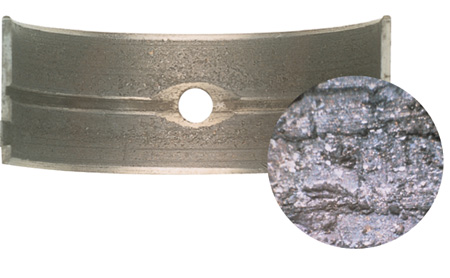2550SX
Seaman Apprentice
- Joined
- Jul 10, 2020
- Messages
- 34
I was performing some maintenance on the boat I picked up last winter and I could not recall if the previous owner said he changed the engine oil prior to selling it to me. It looked clean but I thought better to change. It is a 1992 Mercruiser 454 OD717696 which I found out takes 7 quarts. Mercruiser Manual 16 said straight 40 weight for ambient temperatures over 50F. Change every 100 hours of use or once a season. I've heard good things about full synthetic and use in my cars but the only synthetic 40 weight I could find on-line was Royal Purple. I wasn't sure which filter to get so I bought a AC Delco PF454 because the engine is a 454. Makes sense right?
My question is, if I am not going to get anywhere close to 100 of use this season as it is already August (Thanks COVID) is it still better to change every season?
I am unsure why oil would go bad if left in the pan more than a year and would like to understand why.
Even though the oil I bought wasn't cheap and I am not excited to dump it after only 10-20 hours of use annually the greater deterrent is that its sort of a pain in the ***** to change. So if dumping premium oil after minimal use is best for the engine I will surely do it. I just don't understand the risk in waiting closer to the recommended 100 hours despite how long it takes to get to that point.
I am curious to hear what other mercruiser owners suggest. Your insight is greatly appreciated.
End of ever single season regardless of use? Or every 100 hours whenever that is?
My question is, if I am not going to get anywhere close to 100 of use this season as it is already August (Thanks COVID) is it still better to change every season?
I am unsure why oil would go bad if left in the pan more than a year and would like to understand why.
Even though the oil I bought wasn't cheap and I am not excited to dump it after only 10-20 hours of use annually the greater deterrent is that its sort of a pain in the ***** to change. So if dumping premium oil after minimal use is best for the engine I will surely do it. I just don't understand the risk in waiting closer to the recommended 100 hours despite how long it takes to get to that point.
I am curious to hear what other mercruiser owners suggest. Your insight is greatly appreciated.
End of ever single season regardless of use? Or every 100 hours whenever that is?




















